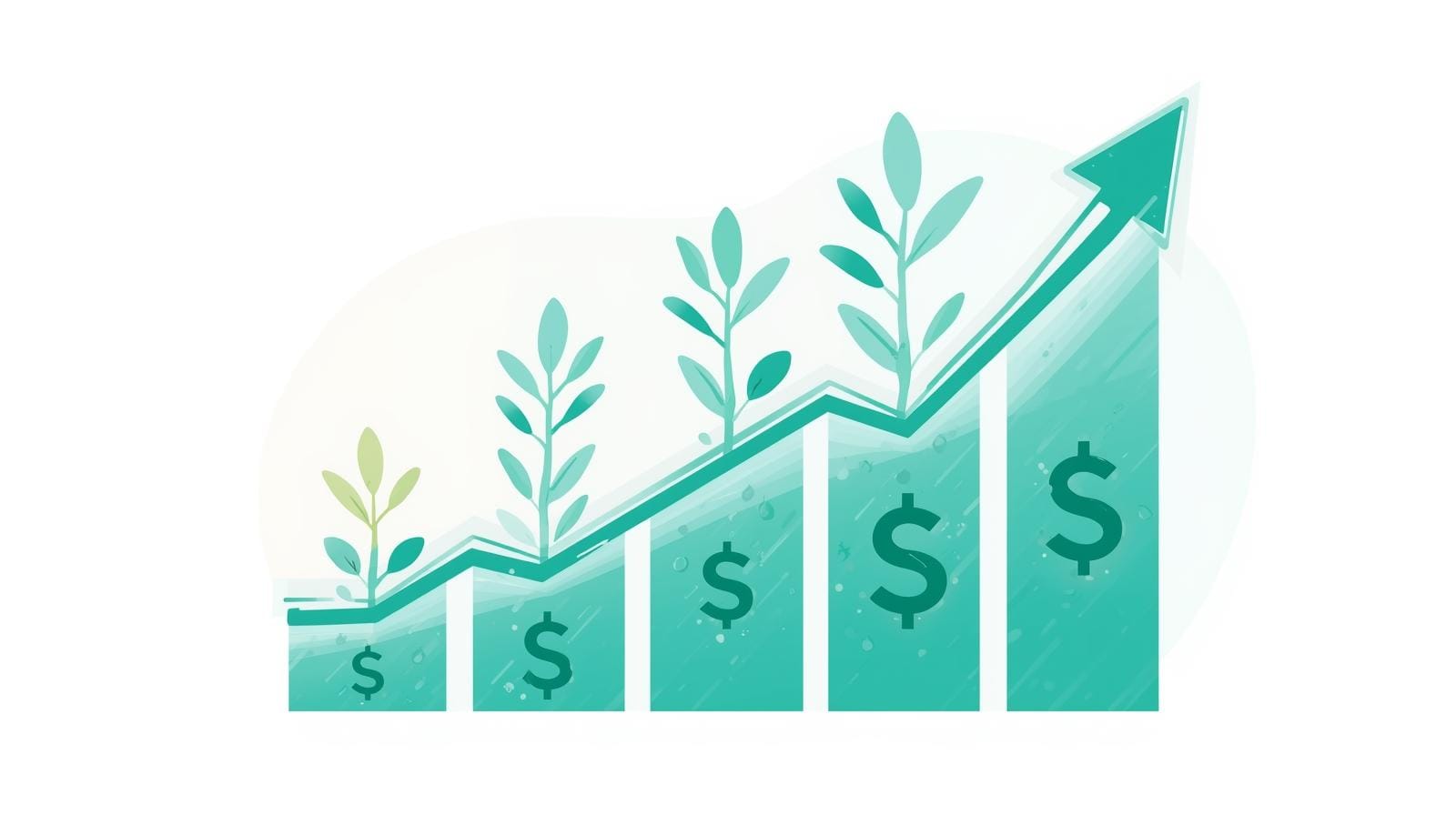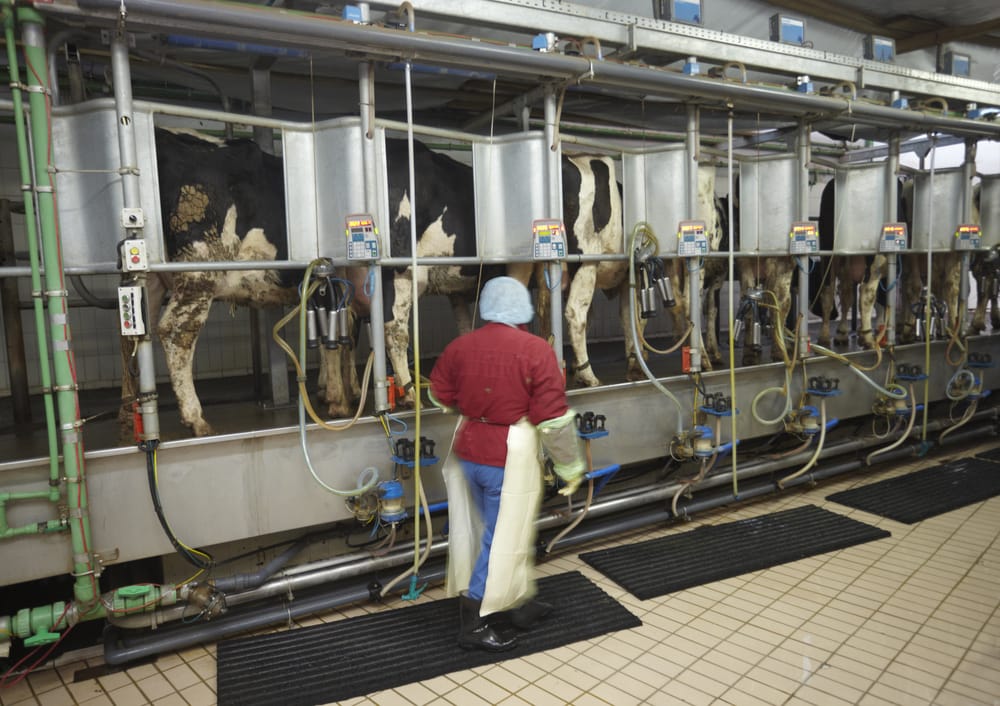Moody's Seasoned Baa Corporate Bond Yield Relative to Yield on 10-Year Treasury Constant Maturity
This dataset tracks moody's seasoned baa corporate bond yield relative to yield on 10-year treasury constant maturity over time.
Latest Value
1.72
Year-over-Year Change
-0.58%
Date Range
1/2/1986 - 8/5/2025
Summary
This economic indicator tracks the yield spread between Moody's Baa-rated corporate bonds and 10-Year Treasury securities, providing insight into corporate credit risk and market sentiment. The spread reflects the additional risk premium investors demand for holding corporate debt compared to risk-free government securities.
Analysis & Context
This economic indicator provides valuable insights into current market conditions and economic trends. The data is updated regularly by the Federal Reserve and represents one of the most reliable sources for economic analysis.
Understanding this metric helps economists, policymakers, and investors make informed decisions about economic conditions and future trends. The interactive chart above allows you to explore historical patterns and identify key trends over time.
About This Dataset
The BAA10Y trend measures the difference in yields between medium-quality corporate bonds and long-term Treasury bonds, serving as a key indicator of credit market conditions and economic health. Economists and investors use this spread to assess perceived corporate credit risk and overall economic stability.
Methodology
The data is calculated by subtracting the 10-Year Treasury Constant Maturity yield from the Moody's Seasoned Baa Corporate Bond yield, typically reported on a monthly basis.
Historical Context
This metric is crucial for central bank policymakers, investment strategists, and economic researchers in evaluating credit market conditions and potential economic shifts.
Key Facts
- Wider spreads typically indicate higher perceived economic risk
- Serves as a leading indicator of economic stress and market sentiment
- Reflects the premium investors require for holding corporate debt
FAQs
Q: What does a widening BAA10Y spread indicate?
A: A widening spread suggests increased perceived risk in corporate lending and potential economic uncertainty. Investors are demanding higher returns to compensate for perceived higher credit risk.
Q: How do changes in this spread impact investment decisions?
A: Investors use this spread to assess relative value between corporate and government bonds, potentially adjusting portfolio allocations based on perceived risk and potential returns.
Q: How is the BAA10Y calculated?
A: It is calculated by subtracting the 10-Year Treasury yield from the Moody's Baa Corporate Bond yield, representing the additional risk premium for corporate debt.
Q: What economic conditions typically cause spread changes?
A: Economic factors like monetary policy, inflation expectations, corporate earnings, and overall market sentiment can significantly impact the BAA10Y spread.
Q: How frequently is this data updated?
A: The BAA10Y is typically updated monthly by the Federal Reserve, providing a consistent snapshot of corporate credit market conditions.
Related News

US Housing Giant Hopes Fed Policies Boost Sagging Profits
Revitalizing S&P 500 Housing with Federal Reserve Policies The primary keyword, "Treasury Yield," has become an increasingly critical focus within the realm of the S&P 500 housing market. Current fluctuations in bond rates, particularly the 10-year bond rate, are causing waves in the already volatile US housing market. This situation is marked by a profit decline experienced by major housing giants, as economic uncertainty steers investor confidence. The Federal Reserve's policies and interest

Impact of U.S. Treasury Yields Rise After Fed Rate Cut
The Impact of a Treasury Yield Rise on the U.S. Economy After a Fed Rate Cut The current rise in the 10-year Treasury bond rate has caught the attention of economists, investors, and policymakers alike. Treasury yields, particularly the 10-year Treasury bond rate, act as a key indicator of the economic outlook in the United States. They affect interest rates, the bond market, and expectations for inflation. Understanding their fluctuations can offer insight into financial markets and help guide

U.S. Treasury Yields Rise After Fed Rate Cut Analysis
Treasury Yields Surge: A Curious Twist in Monetary Policy Amid a surprising financial twist, the current 10 year treasury rate is on the rise even as the Federal Reserve cuts interest rates. This unexpected development has economists scratching their heads, as typically, a cut in the Federal funds rate leads to lower yields. Treasury yields represent the interest rate the government pays bondholders, functioning as a vital signpost for the health of the economy. Generally perceived as one of th

Yield curve steepening benefits US value and small-cap stocks
The Steepening Yield Curve in Today's Economy The recent rise in the 10-year U.S. Treasury bond yield sparks renewed interest in its impact on the financial markets. A steepening yield curve, where the gap between short-term and long-term interest rates widens, is grabbing investors' attention. While it usually suggests a positive outlook for economic growth, the implications for different segments of the stock market, such as value and small-cap stocks, can be significant. This shift in the yi

US 10-year Treasury yield rise signals caution for investors
How the 10-Year Treasury Yield Surge Impacts Investors and the Fixed-Income Market The 10-year Treasury yield has surged past the 4% mark, capturing the attention of investors and markets alike. This rise is not just a random development; it signals broader shifts in the economic landscape, influencing everything from bond markets to investor strategies. When the 10-year Treasury yield shifts, it sends a ripple effect through financial ecosystems, underscoring its role as a critical economic in

US market focused on Fed rate cut and Treasury yield impact
The Fed's Role on Interest Rates The Federal Reserve's interest rate decisions can have significant ripple effects across the U.S. economy. When the Fed announces a rate cut, it can alter the financial landscape dramatically. Such a move often affects the 10-year Treasury yield, a crucial component of the bond market that influences everything from mortgage rates to the national economic outlook. The anticipation surrounding such decisions can shape investment strategies and market expectations
Similar BAA10Y Trends
Citation
U.S. Federal Reserve, Moody's Seasoned Baa Corporate Bond Yield Relative to Yield on 10-Year Treasury Constant Maturity [BAA10Y], retrieved from FRED.
Last Checked: 8/1/2025